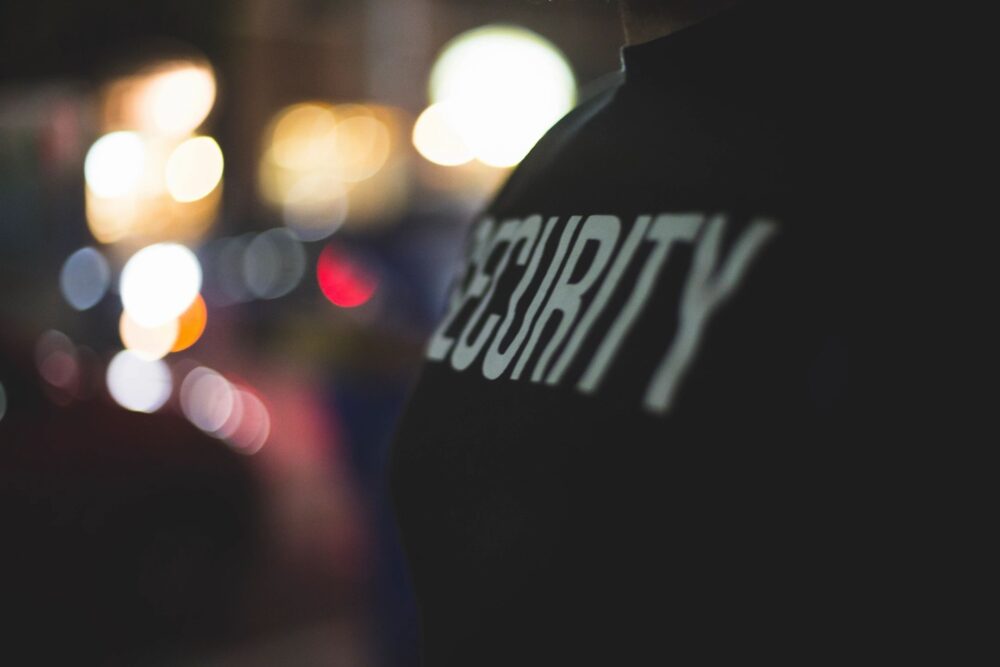Negligent Security & Wrongful Death

Negligent security is one of many types of negligence that results in civil lawsuits. Legally, it generally involves cases in which assault, battery, and/or aggravated assault results in the injury or death of an individual as a result of improper, insufficient, or non-existent security—in the form of either material surveillance or trained security personnel—on a property. Essentially it is a form of premises liability, and includes any harm from robbery to rape. It may also include situations in which an individual is injured on a property and left without assistance due to a lack of security surveillance. For example, a slip and fall accident in which an individual is unable to get up or request help. Negligent security cases can involve either commercial or residential properties.
Negligence cases are based on whether or not an individual’s or entity’s actions have resulted in a provably preventable accident or action that caused harm to another. Proving that a lack of duty of care existed is one aspect that is essential in negligence claim cases. Could the crime or incident have been prevented? Would the crime or incident have been less likely to occur if specific surveillance were in place? Did any previous crimes or incidents of the same type occur on the property, and if so, were they made known to all visitors and/or residents as an appropriate warning? The answers to each of these questions are vital in assessing a negligent security case. They help to establish foreseeability, which is an important legal determinant in property owner liability.
Further, in Florida, negligence laws—including those involving negligent security—are also focused on whether or not a plaintiff (the person filing the lawsuit) exercised reasonable care with regard to prevention. Florida is a “comparative negligence” state, meaning that if the plaintiff is responsible even in part for the injury (or the deceased, in the case of a wrongful death), the amount of damages awarded will be reduced accordingly with regard to the plaintiff’s percentage of proven “negligence.” Experienced attorneys can viably determine the amount of liability, if any, on behalf of a plaintiff or deceased loved one.
Florida statutes chapter 768 details much of the law regarding negligence, legal exceptions, and allowable damages.
Time is of the essence. Florida statutes chapter 95 provides details regarding the timeframe (known as the “statute of limitations”) that is legally allowed to file a negligent security lawsuit. Generally, most Florida negligent security claims must be filed within a four-year time period from the date of the occurrence. When filing due to the death of a loved one, a wrongful death lawsuit would ensue, and must be filed within a two-year time period from the date of the occurrence. There are exceptions, and meeting with an experienced attorney as quickly as possible after an incident is beneficial. Building a case takes time – and filing too late may cause you to lose your right to file a negligent security lawsuit or a wrongful death lawsuit and potentially recover damages.
Meeting with an experienced Florida Negligent Security lawyer for an initial consultation is an important step. Doing so will help clarify if a potential case can and should be filed as a Florida Negligence Claim lawsuit. Research information about lawyers who specialize in Miami & South Florida Negligent Security cases, or if possible, who specialize in the particular type of Negligence case you are dealing with. Many lawyers and legal teams offer free initial consultations. At Mallard & Sharp, P.A., we specialize in a wide variety of Miami Florida Negligent Security cases as well as Wrongful Death cases. To schedule a free initial consultation with our expert legal team call 877.662.5527 or 305.461.4800.


